Educationally-Related Mental Health Services
Need Help? If you are having a mental health emergency, please call 911.
Other suicide and crisis lifelines that operate 24/7 include 988 California, Suicide Prevention& and Crisis Lifeline (English and Spanish) and
Butte County Behavioral Health by calling 800.334.6622 or 530.891.2810 or click HERE
to link directly to their page for other resources for crisis management.
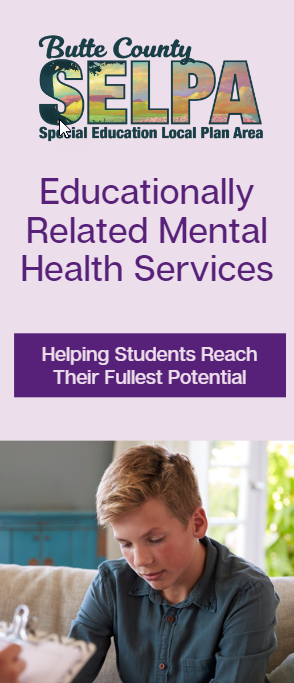 History
History
In 1984, Assembly Bill 3632 statutorily required a partnership between school districts and county mental health agencies to deliver mental health services to students with individualized education programs (IEPs). In 2011, the California Legislature passed Assembly Bill 114, which repealed the state mandate on special education and county mental health agencies and eliminated related references to mental health services in California statute. As a result of this new legislation, school districts are solely responsible for ensuring that students with disabilities receive special education and related services to meet their needs according to the Individuals with Disabilities Education Act (IDEA) of 2004.
Mental health as a related service is identified as mental health services necessary for a student to benefit from their special education program. Within the educational environment, these can include assessment of needs for mental health services, crisis intervention within the educational setting, outpatient counseling, day treatment placement, case management, parent consultation, and/or residential placement recommendations. (Please note that medication management is not included among these services since federal guidelines consider it a medically necessary and not an educationally necessary service.) The term, “mental health as a related service”, is currently utilized in place of AB 3632 services. Mental health-related service and Educationally-Related Mental Health Services (ERMHS) can be used interchangeably.
What is ERMHS?
Since 2011, Educationally-Related Mental Health Services (ERMHS) was described as those services provided when students have significant socio-emotional or socio-behavioral needs that impede their ability to benefit from their special education services. State and federal ERMHS funding was originally intended to be used for intensive tier 2 and tier 3 mental health interventions and services. The Legislature granted flexibility in 2019 to use ERMHS funds for tier 1 universal mental health and behavior support. However, these funds have since continued to be expended almost entirely to continue to provide these intensive tier 2 and tier 3 mental health supports specifically for students with an IEP. The use of these funds is determined locally by each SELPA’s governing board of superintendents of boards of education.
In order to be eligible for SELPA-provided mental health services, there must be a direct relationship between the emotional/behavioral characteristics and the lack of benefit from current special education programming and services. This may be demonstrated by a lack of progress on goals/objectives, declining grades, absences, suspensions, etc. A referral is appropriate when these concerns are determined to be associated with a condition that cannot be described solely as a temporary adjustment problem that can be resolved with less than three months of school counseling. Students eligible for mental health services are not just those identified under the category of Emotional Disability but can be those of any special education eligibility category.
Educationally-Related Mental Health Services may be provided by district personnel as well as by the Butte County SELPA through clinician services on an itinerant basis or within a special day class classroom. Therapeutic learning environments in Butte County exist at several locations, and are known as "ACCESS" classrooms, which stands for "All Children Can Experience School Success." These programs provide an integrated educational and social-emotional classroom utilizing the foundational elements of a therapeutic milieu contained in Come to PPIECESS Manual. Come to PPIECESS is a guide created through a multi-agency collaboration with Chico Unified School District, Butte County SELPA, and the California Department of Education’s Diagnostic Center North.
Students identified with emotional /behavioral issues which impede their ability to benefit from their Special Education may be referred to SELPA Collaboration for ERMHS support. Educationally Related Mental Health Services, once deemed appropriate and consented to by parents, will be documented in the IEP. The services will be regularly monitored for efficacy and due diligence, and adjustments in the level of service provided will be made as appropriate. If and when established mental health goals are met and services are no longer appear necessary for the student to benefit from their education, an IEP meeting will be held to recommend discontinuation of services.
Target Population
For the purpose of delivering ERMHS services in Butte County SELPA, students typically must have significant needs identified through assessment in the areas of social-emotional or social-behavioral by a school psychologist and clinician. Students are currently served under an active IEP. Eligible students for mental health services are not just those identified under the category of Emotional Disability but can be those of any disability category. Students can be anywhere on the continuum of placement and services as long as they meet the criteria for Mental Health referral and assessment.
Parents or guardians who believe their children may be in need of ERMHS supports are encouraged to contact their child's case manager or school psychologist at their school of residence. School psychologists and case managers can start the process of obtaining ERMHS supports through participation in a SELPA Collaboration meeting, by emailing us at [email protected] SELPA Collaboration is generally held on Friday mornings in order that school diagnostic teams can share information with the SELPA Specialist Team, and get feedback and direction about how best to proceed with SELPA support services (behavior and/or mental health). ERMHS Staff and Program Specialists are in attendance in efforts to begin the process of creating a differentiated ERMHS support plan for each student. For more information regarding SELPA Collaboration, contact us at (530) 532-5875.
BCBH - Butte County Behavioral Health
The Calming Room - Sacramento City Unified School District
CASEL - Collaborative for Academic, Social, and Emotional Learning
NAMI - National Alliance on Mental Illness
SAMHSA - U.S. Department of Heatlh and Human Services - Substance Abuse and Mental Health Services Administration
Transformative SEL Ambassador's Toolkit - California Department of Education and CDE




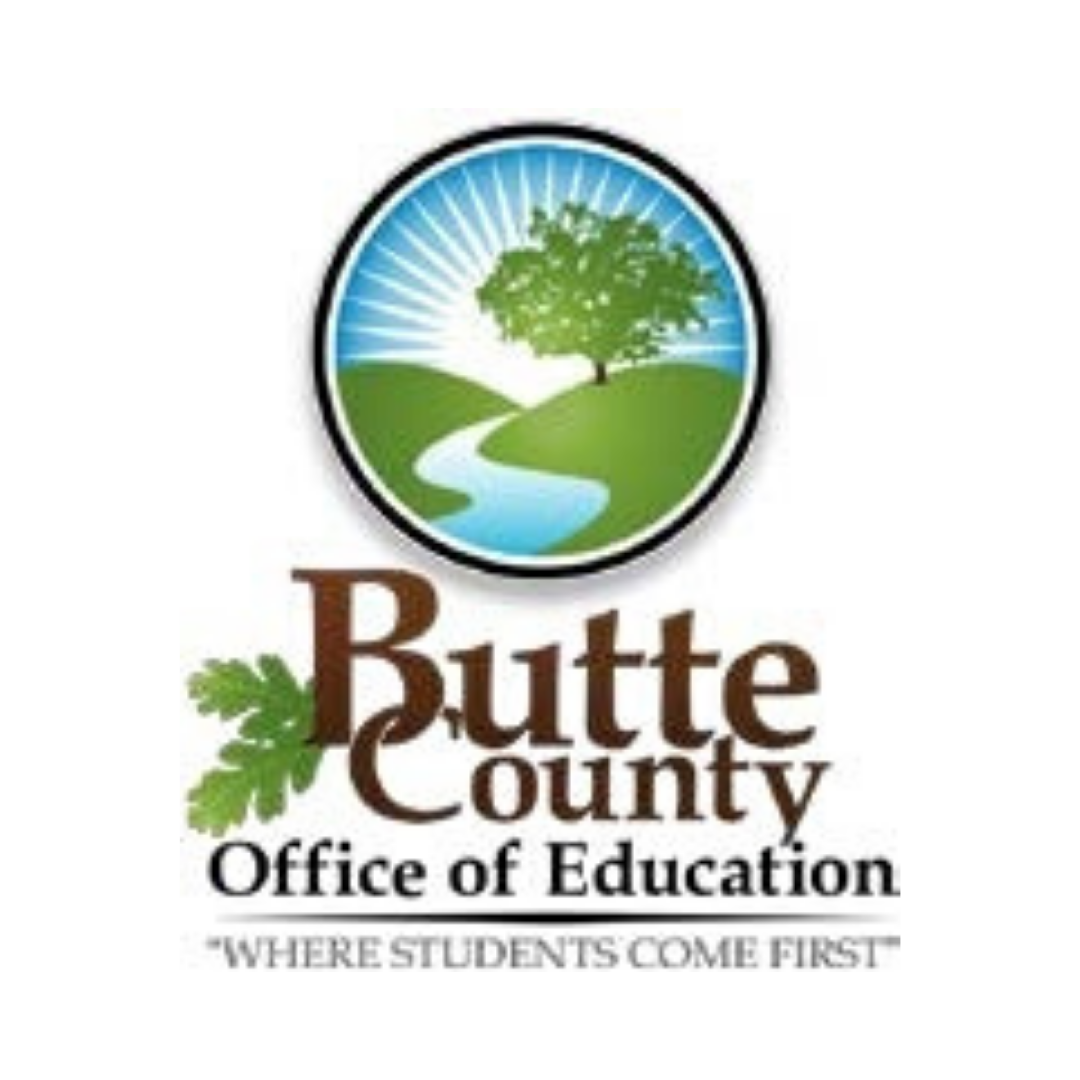
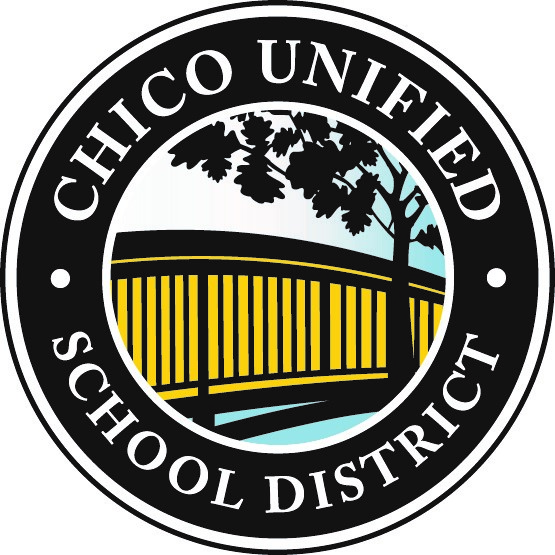




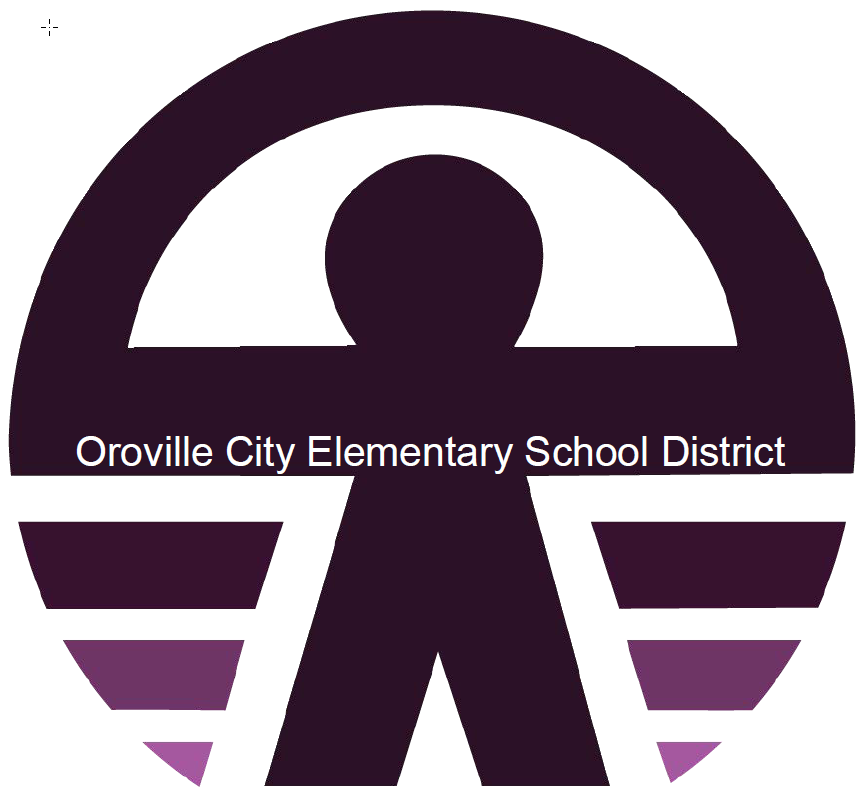
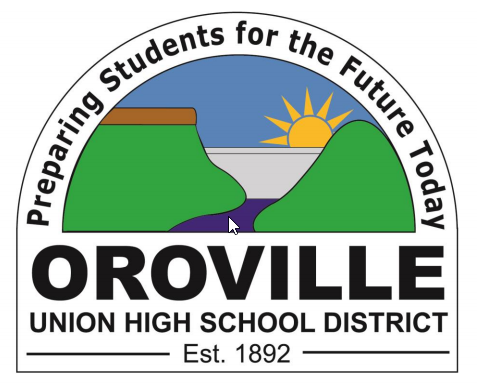



.jpg)